Overview
While the curriculum focuses on literary study, students are encouraged to develop an appreciation for the English language, which will prove invaluable not only in your studies, but in any future career or profession.
The majority of students take at least one English course during their undergraduate studies.
At a Glance
Curriculum
At Mount Allison, English literature explores texts ranging from fiction to film in order to gain insight into our world and our place in it.
First-year English courses offer you an introduction to different approaches to reading and writing about literature, using texts from a range of genres and time periods.
In second year you may choose from courses focusing on:
- Introduction to literary periods
- Shakespeare
- Canadian literature
- American literature
Third-year courses expand on your second-year choices, including studies in:
- British literature in different periods
- Canadian and American literature
- Gender and literature
- Postcolonial literature
- Dramatic literature
- Creative writing
- Film, genre, and cultural studies
In fourth year you will be able to pursue selected topics courses, which allow you to pursue special interests, either through the particular courses offered that year or through individual study and research under the supervision of a faculty member.
If you choose to do an honours English degree, you will have the opportunity to write a thesis under the supervision of a faculty member.
You will also have opportunities to present and publish creative and critical work.
English is available as:
- BA major (60 credits)
- BA honours (66 credits)
- Minor in any degree (24 credits)
Not sure about the difference between a major, a minor, an honours, and a certificate?
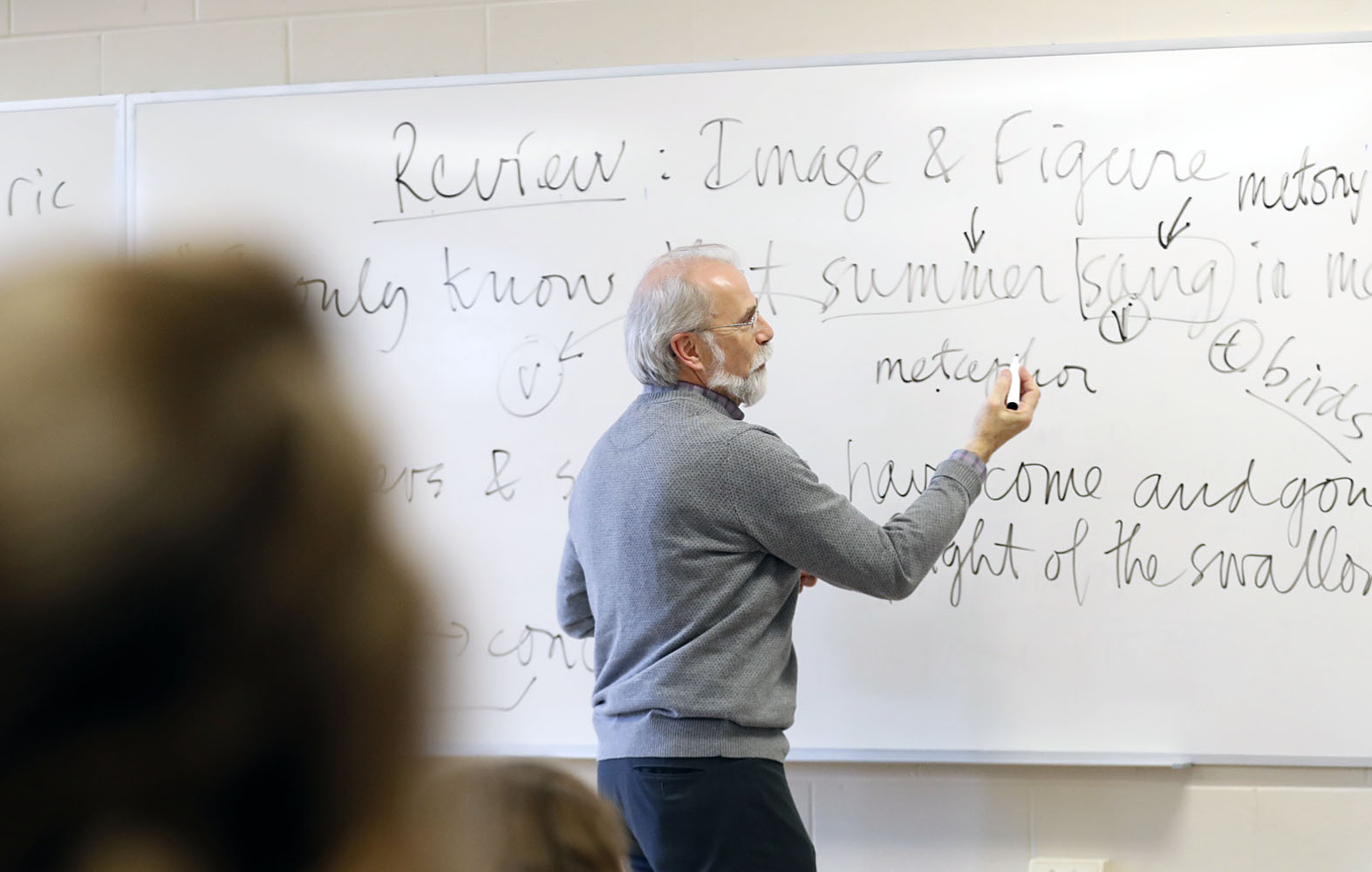
Related programs:
ENGL 1111 — Literature, the Arts and Humanities
This course introduces the interrelationship between literature and social issues, focusing on the intersection of the discipline of English with other fields in the Arts and Humanities. It examines many of the major forms of English literature as encountered through discussions related to subjects such as the fine arts, religion, philosophy, history, and other fields in the Arts and Humanities.
ENGL 1201 — Introduction to Principles of Literary Analysis
This course, offered in several sections each year, introduces students to critical approaches to the reading of, and writing about, literature. Each section has its own reading list, set by the individual instructor and including a balanced representation of prose, fiction, poetry and drama, taken from a range of historical periods.
ENGL 2301 — Literary Periods, 1800-Present
This course presents an intensive survey of English literary history from the Romantic period to the present as well as training in the research methods of the discipline.
ENGL 2801 — Introduction to Canadian Literature
This course presents an introductory overview of Canadian literature from its beginnings to the present.
ENGL 3611 — Drama, Theatre, and Society
This course examines ways in which drama may both reflect and influence society, using as examples the complex relationship between Restoration comedy and its society, efforts at social engineering in Eighteenth-Century bourgeois tragedy, the role of melodrama in reflecting nineteenth century society and culture, and the "birth" of social drama late in the nineteenth century. In addition, it carries these ideas forward to include study of political theatre of the 1920's and 1930's, as well as works by contemporary social playwrights.
ENGL 3850 — Creative Writing
This full-year course offers workshops in creative writing, concentrating primarily on poetry and short fiction; it may also include some work in other forms such as drama and the personal essay. See the English Department website for the annual deadline for submitting application portfolios.
ENGL 4941 — Selected Topics in Literary Representation of Race, Culture, and Nation
This course examines closely selected topics drawn from English literature dealing with representations of race, culture, and nation.
Find a full list of English courses in our Academic Calendar — English.
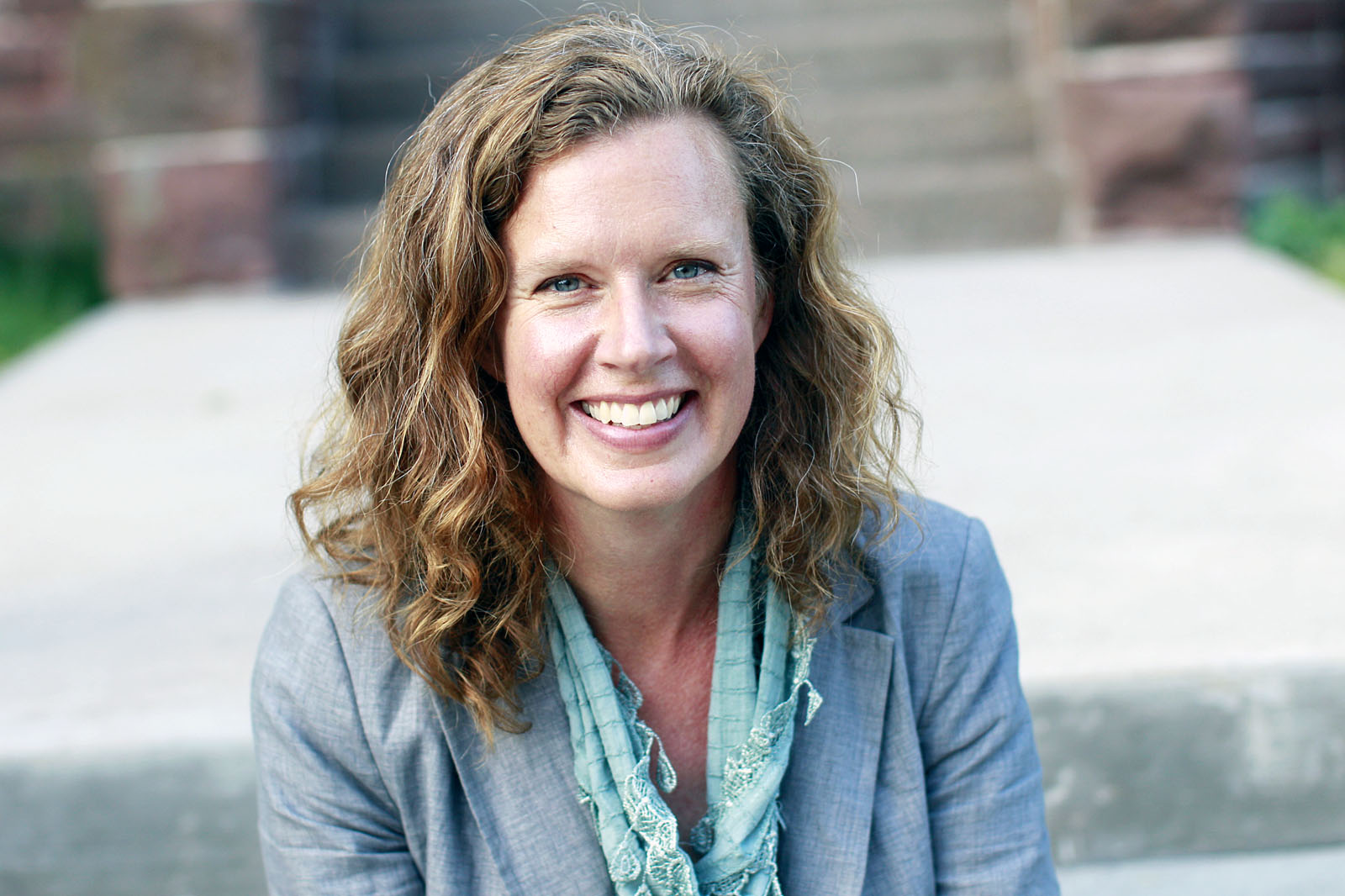
Faculty Spotlight
Careers
Whether you're entering the job market or continuing your education, your Mount Allison degree will stand out.
Mount Allison has been recognized by Maclean's as the top primarily undergraduate university in Canada more times than any other university.
With experiential learning and career development opportunities available in every degree, you'll also graduate with hands-on learning and real-world experience.
Our graduates also boast extraordinarily high acceptance rates to top graduate programs and professional schools such as law and medicine.
Popular career paths for English graduates include:
- publisher
- teacher
- writer
- creative writer in the video game industry
- proofreader
- editor
- public relations specialist
- human resources specialist
- advertising copy writer
- archivist
- legal editor
- advertising executive
- academic researcher/teacher
Alumni Spotlight
Whitney Moran ('08)
Bachelor of Arts, honours English with a minor in Sociology
Managing editor of Nimbus Publishing and Vagrant Press
"Mount A really felt like a place where I was allowed to finally figure out who I was.”
» Whitney Moran (’08) helps bring Atlantic Canadian literature to life
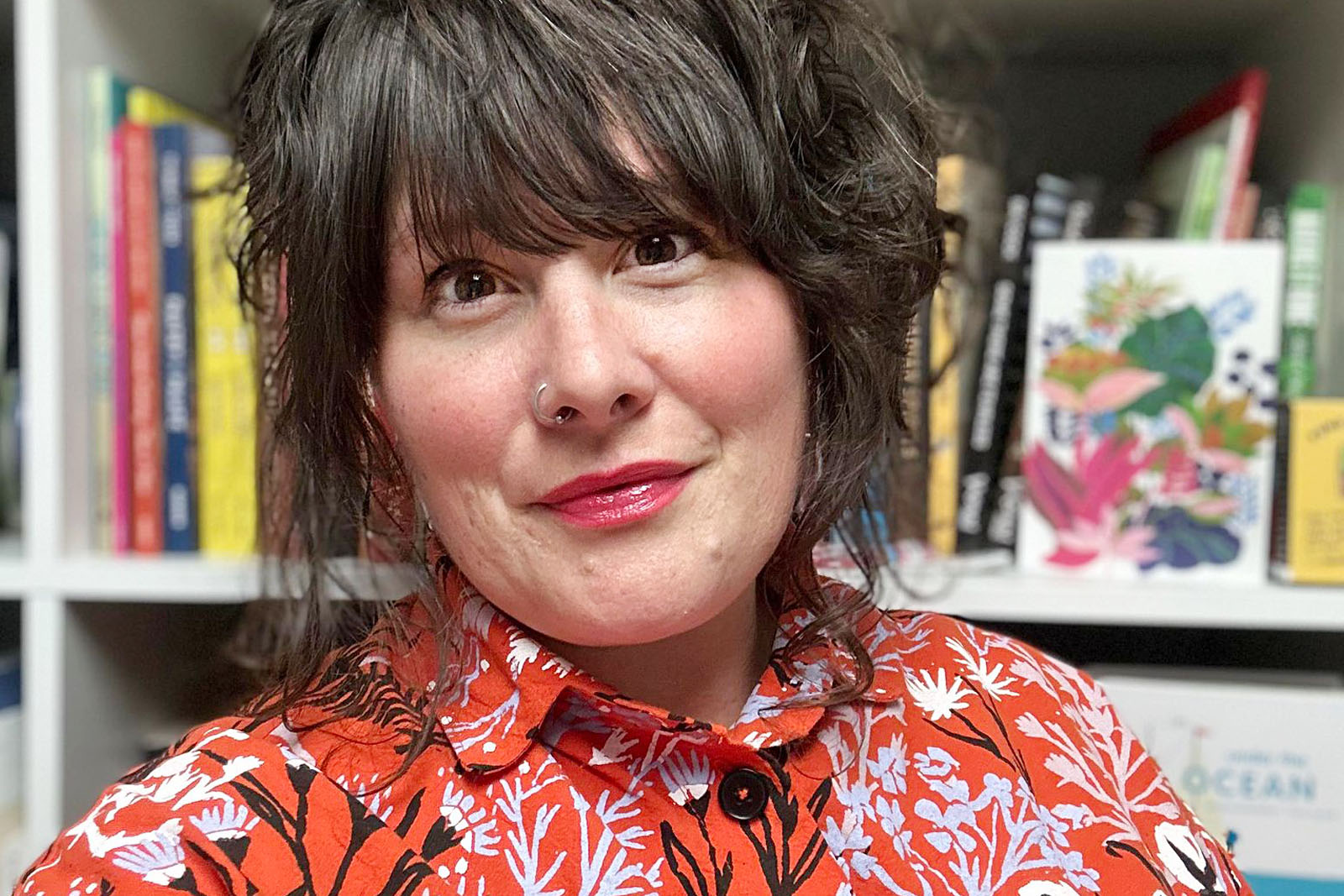
Testimonials
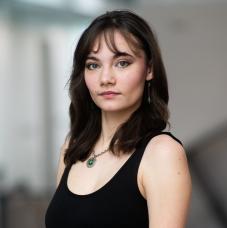
Through drama studies and English courses at MtA, I have made lifelong friends and collaborators while strengthening fundamental skills that will support me wherever I go such as critical thinking, communication, collaboration, and creativity. I feel miles more confident in my abilities as a storyteller that when I started my degree.
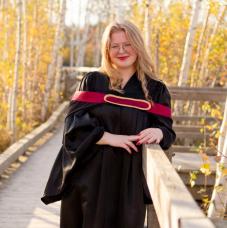
I love studying English because you really get a little bit of everything at once; history, religion, social sciences, psychology and even the hard sciences are all studied, too! Literature informs so much and it is super interesting to see its effects.
/current-students/department-english
Admission Requirements
Academic Awards
Mount A is #2 in student awards
Maclean’s ranks Mount Allison second in student and faculty awards in its latest University Rankings. To date, 56 Mount Allison students have become Rhodes Scholars — one of the best per capita records in Canada.


